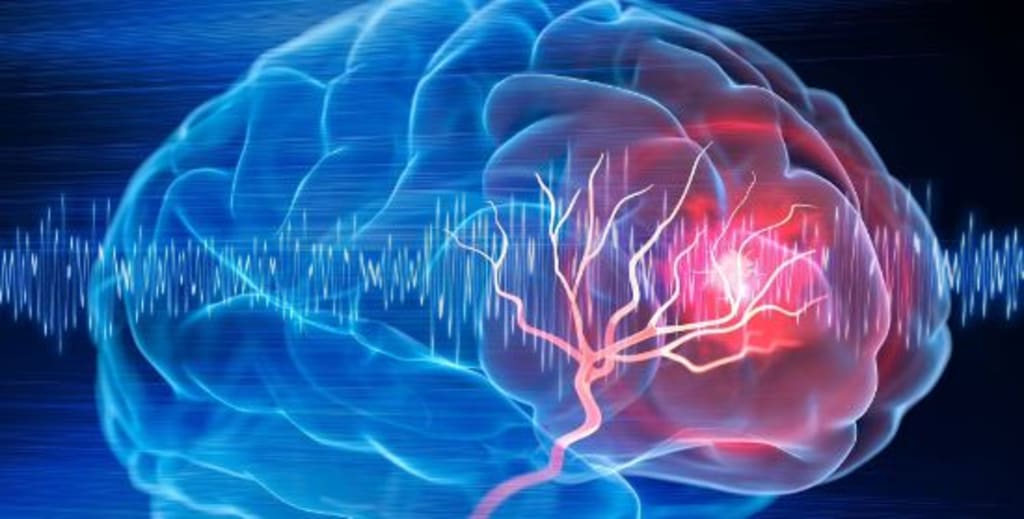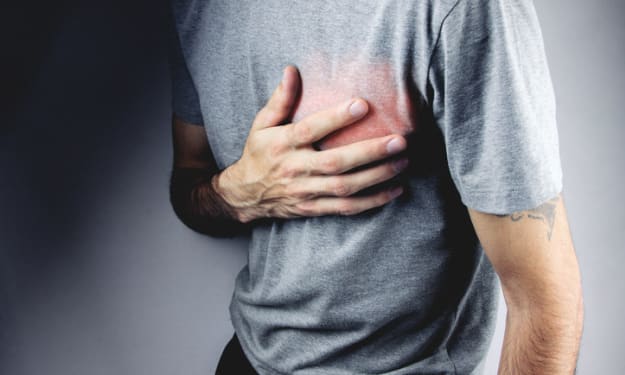
Stroke is a medical emergency that occurs when blood flow to the brain is interrupted or reduced, leading to damage to brain cells. It is a leading cause of death and disability worldwide, with millions of people affected each year.
There are two main types of stroke: ischemic stroke and hemorrhagic stroke. Ischemic stroke is the most common type, occurring when a blood clot blocks a blood vessel in the brain. Hemorrhagic stroke occurs when a blood vessel in the brain ruptures, causing bleeding in the brain.
The symptoms of stroke can vary depending on the severity and location of the stroke, but typically include sudden weakness or numbness on one side of the body, difficulty speaking or understanding speech, vision problems, and severe headache. It is important to seek medical attention immediately if any of these symptoms occur, as prompt treatment can significantly improve the chances of recovery.
The risk factors for stroke are similar to those for heart disease, including high blood pressure, smoking, diabetes, and a family history of stroke. Lifestyle factors such as physical inactivity, poor diet, and excessive alcohol consumption can also increase the risk of stroke.
Prevention is key in reducing the risk of stroke, and there are several strategies that individuals can use to reduce their risk. Maintaining a healthy lifestyle, including regular exercise and a balanced diet, is important in reducing the risk of stroke. Managing chronic health conditions such as high blood pressure, diabetes, and high cholesterol is also important in reducing the risk of stroke.
If you have had a stroke or are at risk of stroke, there are several things you can do to reduce the chances of another stroke occurring. This may include taking medication to manage blood pressure, cholesterol, and other risk factors, as well as making lifestyle changes such as quitting smoking, reducing alcohol consumption, and improving diet and exercise habits.
Treatment for stroke depends on the type and severity of the stroke, as well as other factors such as the age and overall health of the individual. For ischemic stroke, treatment may involve medication such as thrombolytics or anticoagulants to dissolve blood clots and improve blood flow to the brain. In some cases, surgery may be necessary to remove the clot.
For hemorrhagic stroke, treatment may involve controlling bleeding and reducing pressure on the brain. This may involve medication, surgery, or other procedures to remove blood from the brain or repair the ruptured blood vessel.
Rehabilitation is an important part of the recovery process for individuals who have had a stroke, and may involve physical therapy, speech therapy, and occupational therapy. These therapies can help individuals regain strength, improve mobility, and regain independence after a stroke.
In addition to medical treatment and rehabilitation, emotional support is also important for individuals who have had a stroke. Stroke can be a traumatic and life-changing event, and many individuals may experience depression, anxiety, or other emotional challenges as a result. Support from family, friends, and healthcare professionals can help individuals cope with these challenges and adjust to life after a stroke.
Research into the causes and treatments for stroke is ongoing, with significant progress being made in recent years. This includes the development of new medications and therapies, as well as improved techniques for prevention and management of stroke.
In conclusion, stroke is a serious and potentially life-threatening condition that affects millions of people worldwide. Prevention is key in reducing the risk of stroke, and individuals can take steps to reduce their risk through healthy lifestyle habits and management of chronic health conditions. Prompt medical attention is important in the event of a stroke, as early treatment can significantly improve outcomes. Rehabilitation and emotional support are also important for individuals who have had a stroke, and ongoing research offers hope for continued improvements in the prevention and management of this devastating condition.
About the Creator
Doctor Nadia
I am a doctor and writer who has expertise in writing articles on different topics.






Comments
There are no comments for this story
Be the first to respond and start the conversation.